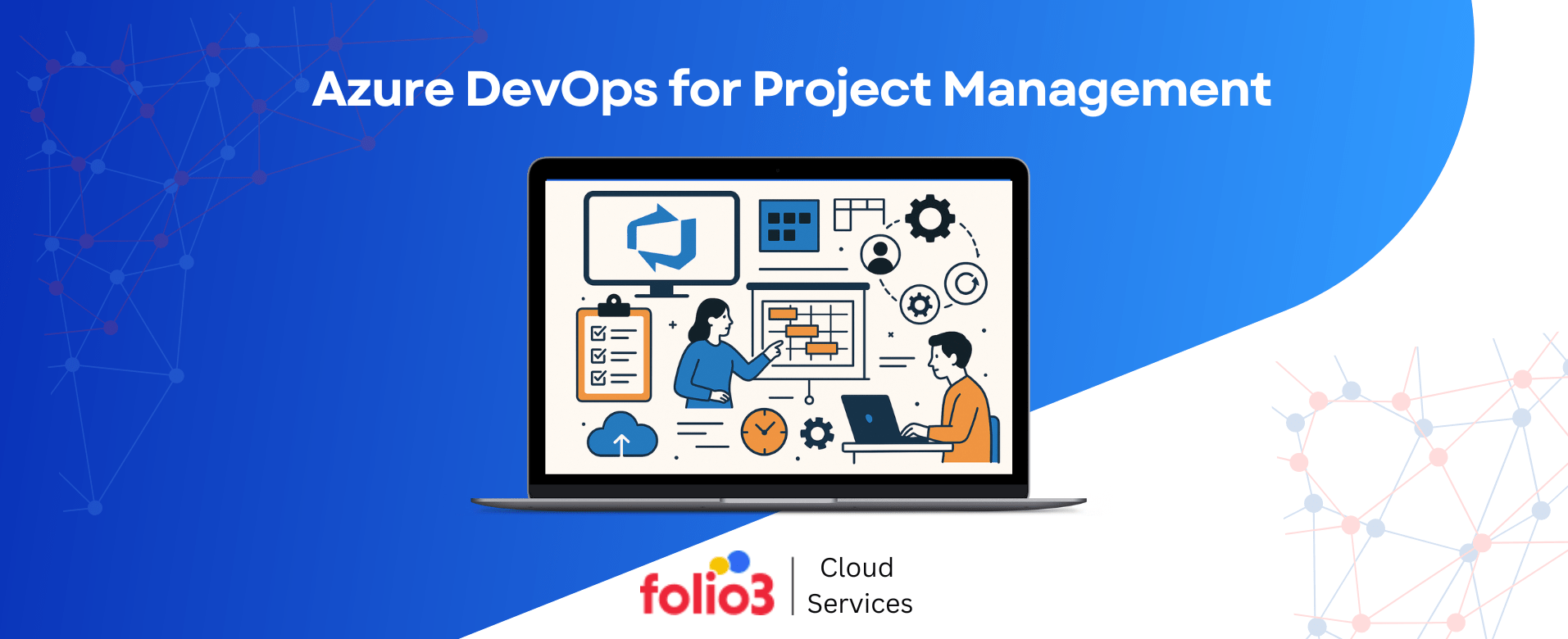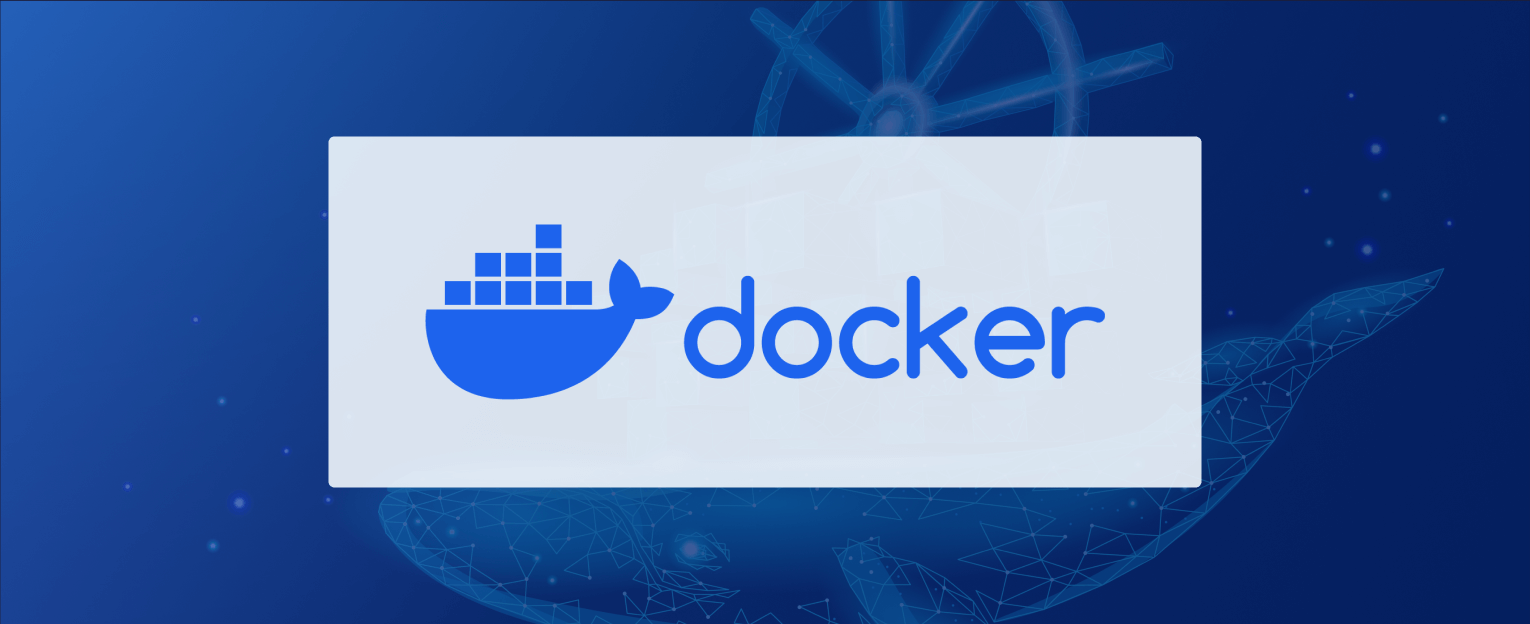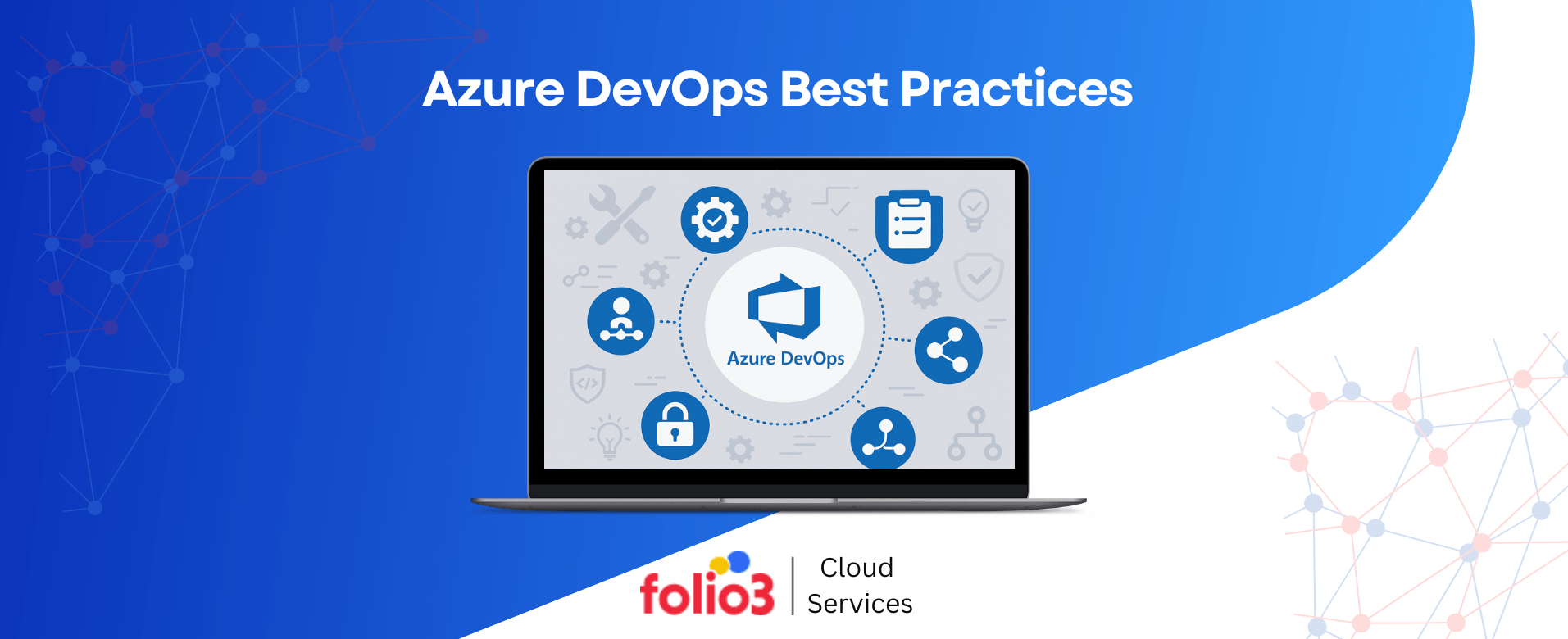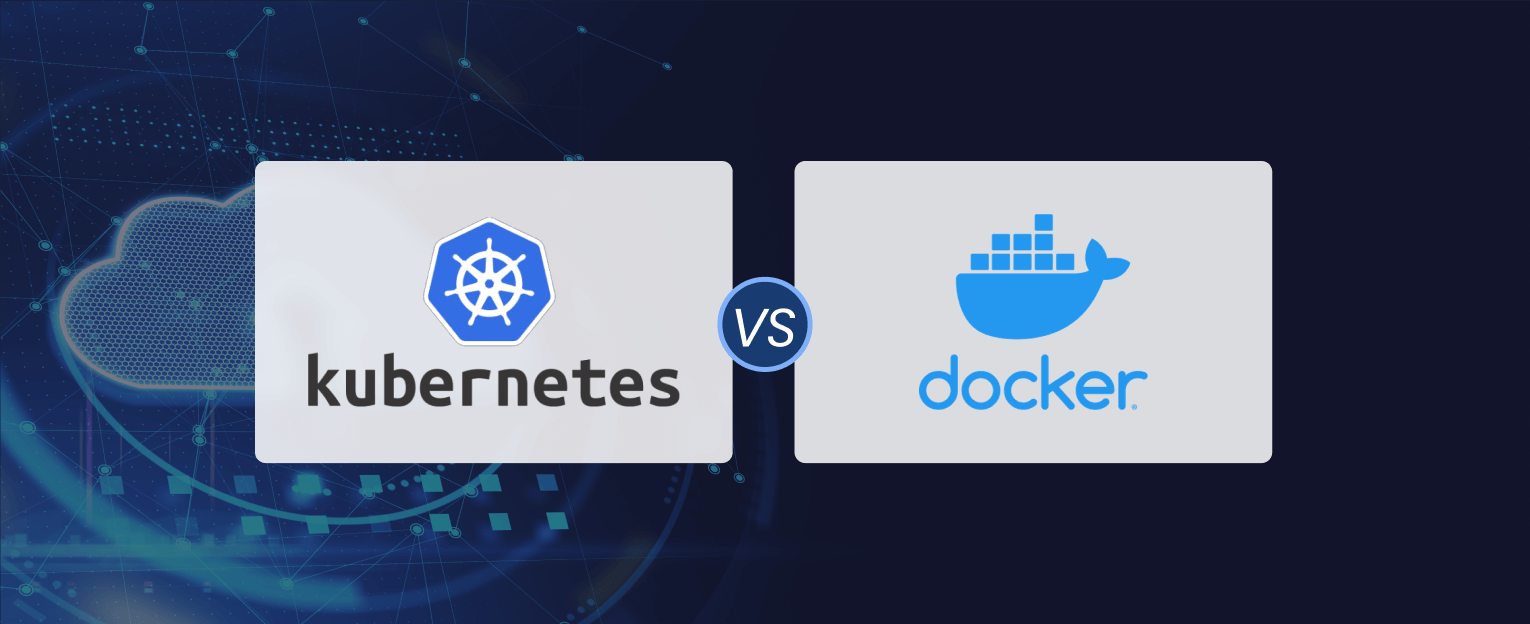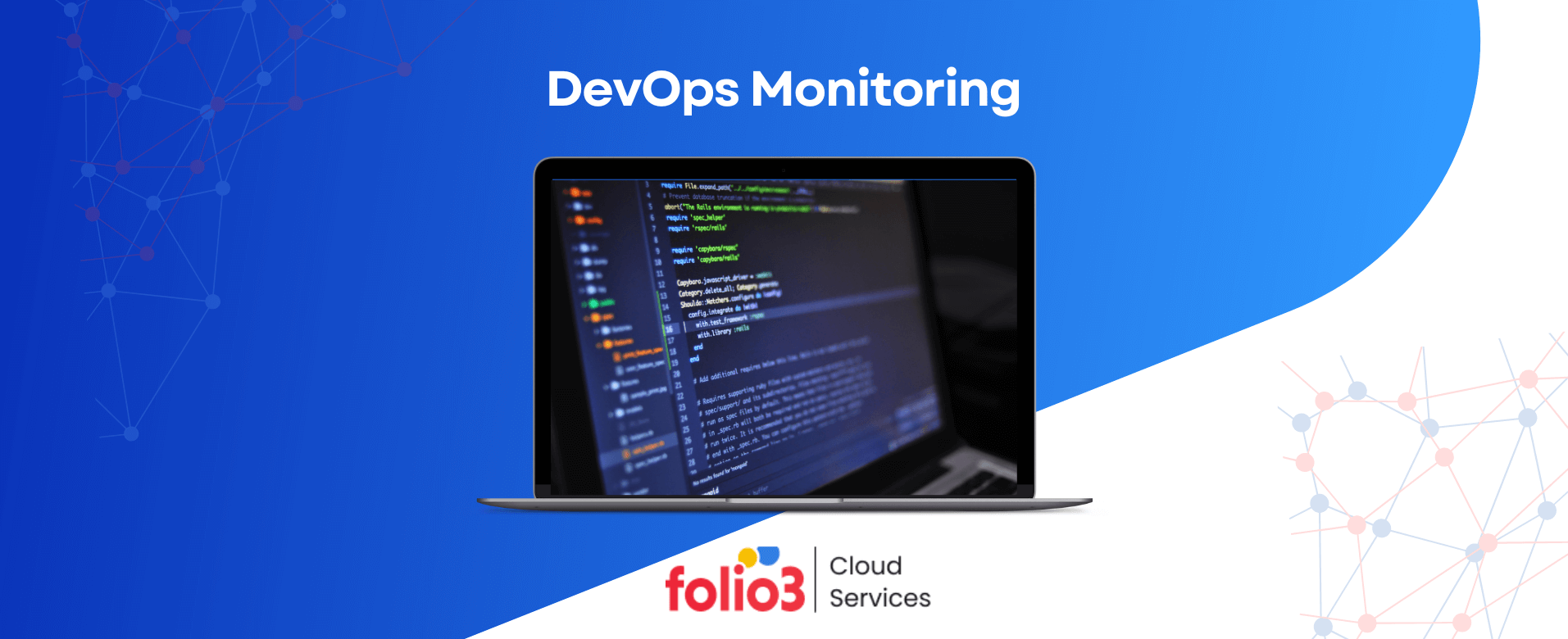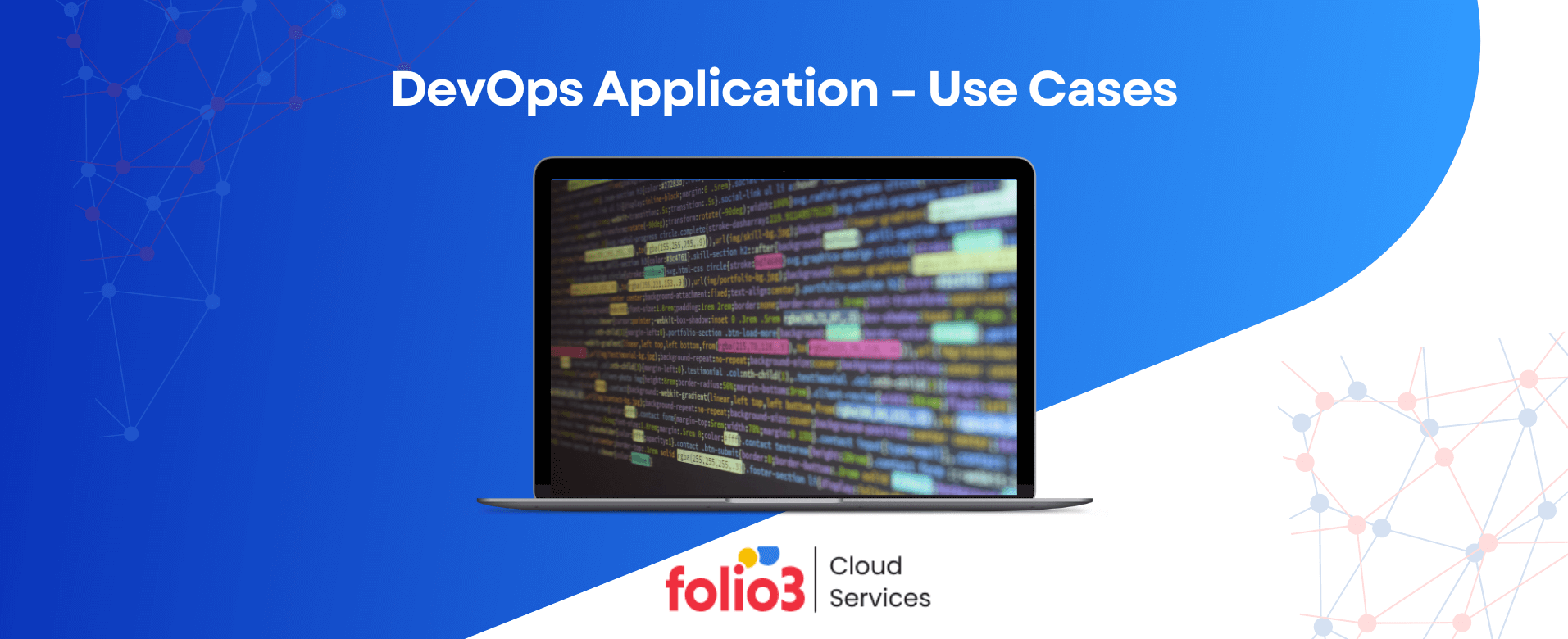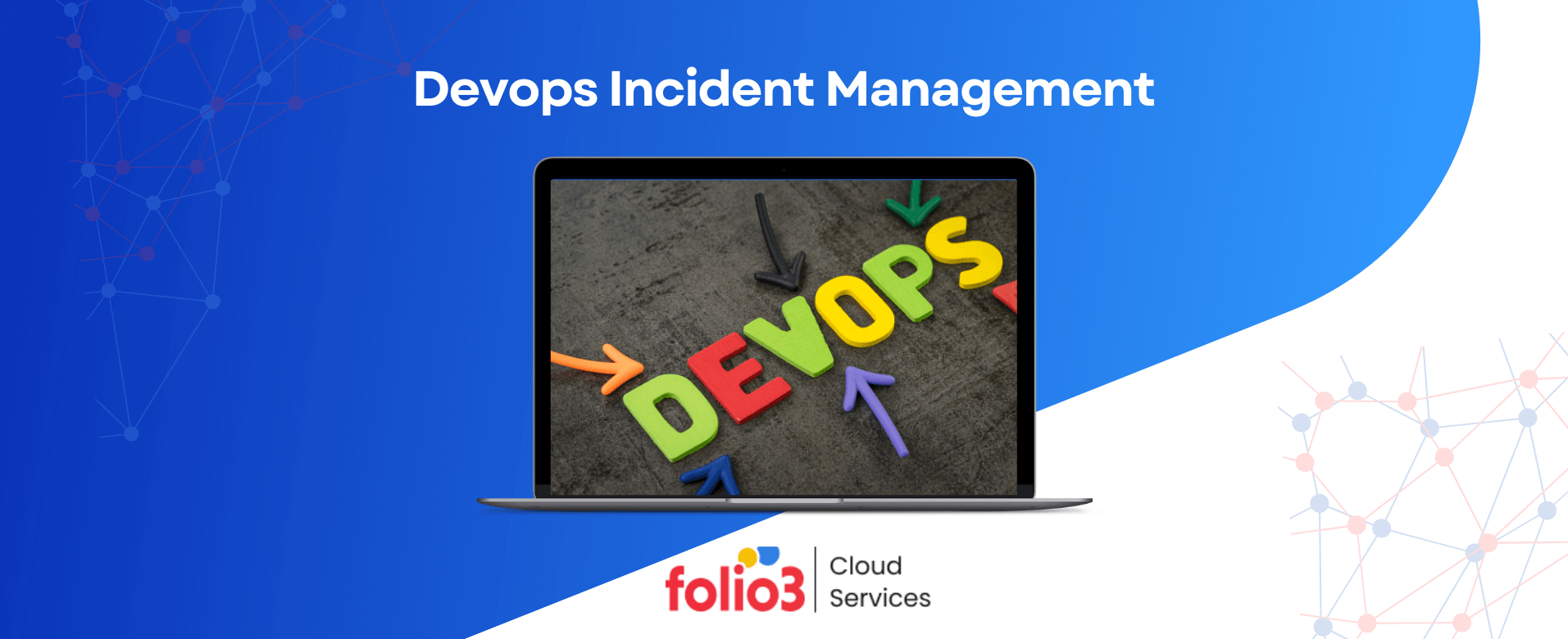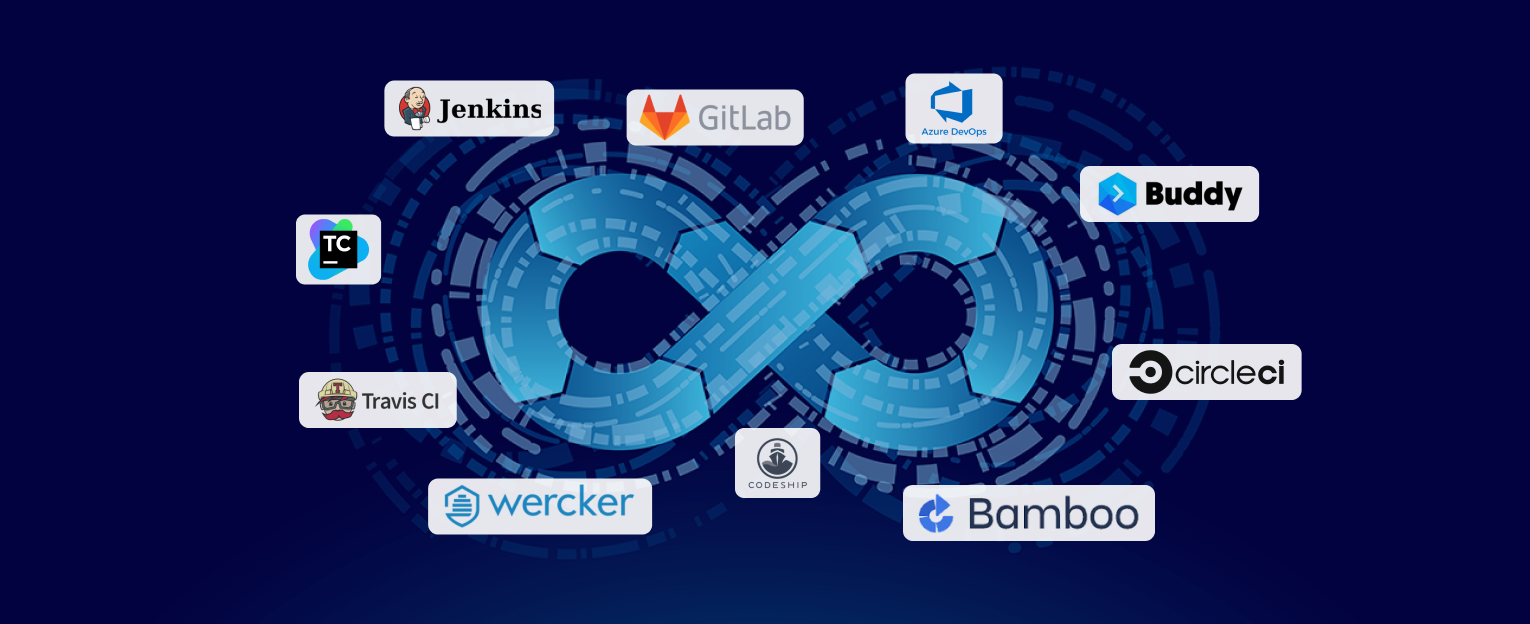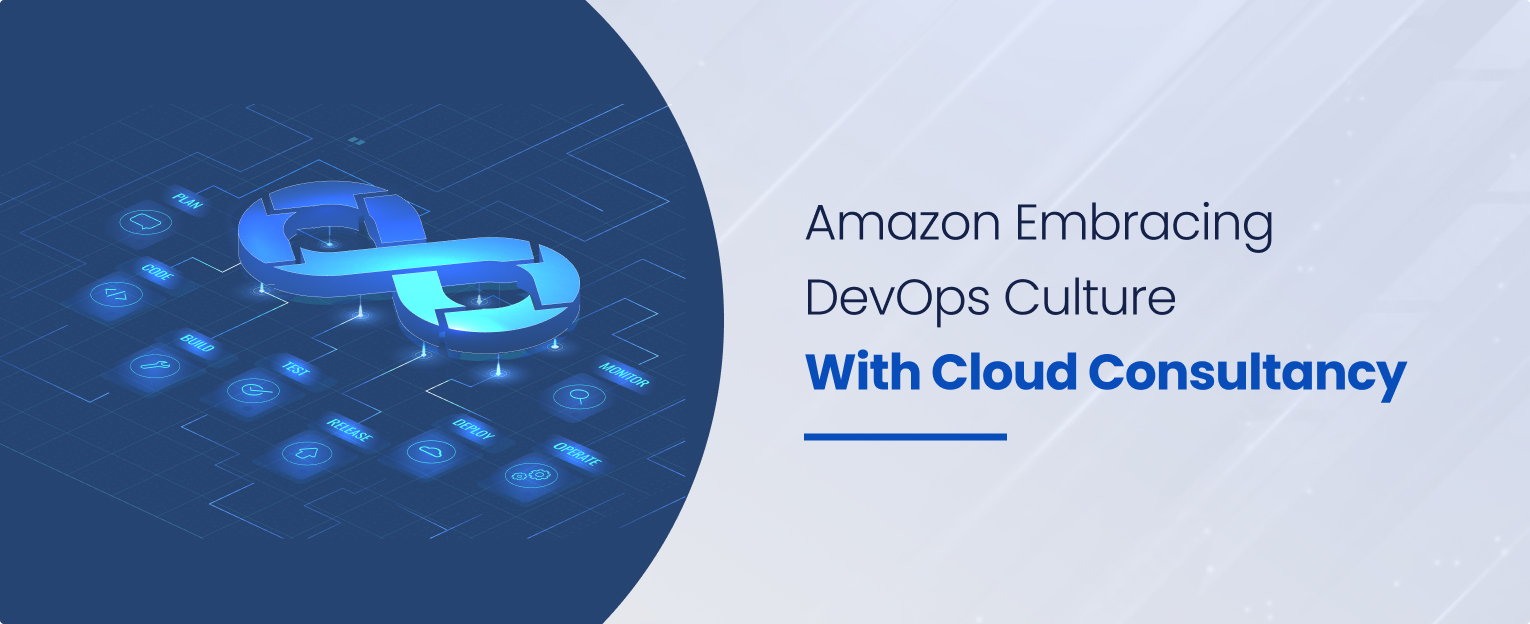The significance of the role of the DevOps Consultant remains ever-present in the ever-evolving landscape of software development. These professionals act as crucial intermediaries between development and operations, facilitating seamless collaboration and optimizing processes. This exploration delves into the specifics of their role and the substantial influence they wield on contemporary software delivery practices.
What is the Role of a DevOps Consultant?
A DevOps consultant serves as a pivotal link between software development and IT operations, undertaking a critical role. Their primary objective revolves around fostering collaboration, optimizing processes, and introducing methodologies that elevate the efficiency, quality, and velocity of software delivery. DevOps consultants collaborate closely with organizations to instil and uphold a culture centred on continuous integration, continuous delivery (CI/CD), and automation.
Here are key aspects of their role:
- Process Optimization: Streamline development and deployment processes for efficiency.
- Collaboration: Foster cross-team cooperation and shared responsibility.
- Automation: Implement tools to automate tasks, reducing errors and speeding up delivery.
- CI/CD: Establish continuous integration and continuous delivery practices.
- Infrastructure as Code (IaC): Manage infrastructure using code for consistency.
- Monitoring and Feedback: Set up monitoring for performance tracking and issue identification.
- Security Integration: Integrate security measures into the development pipeline.
A DevOps consultant is a source of change for the organization that drives a more collaborative, automated, and efficient software development and delivery cycle.
Consultants for DevOps pipeline operations combine technical expertise with strategic thinking to ensure businesses achieve faster innovation, reduced time-to-market, and enhanced customer satisfaction.
Role of a DevOps Consultant in Your Organization
A DevOps consultant is crucial in creating unity between an organization’s development and operations teams. This unification is important for achieving seamless software delivery, enhanced efficiency, and sustained growth.
Let’s explore the key duties of their role:
A. Define Role and Responsibilities:
Optimize the entire software lifecycle with a focus on automation, CI/CD, and risk reduction. To ensure that the organization’s development operations work flawlessly.
B. Align Development and Operations Goals:
Bridge gaps between teams, ensuring collaborative efforts towards swift and quality software delivery. And to ensure that the software delivery meets deadlines continuously.
C. Foster Collaboration and Communication:
Break down communication barriers, encourage feedback, and cultivate an environment of continuous improvement and innovation.
In essence, the DevOps consultant propels your organization towards efficient practices, seamless collaboration, and a culture of constant growth in the fast-evolving digital world.
Key Reasons for Hiring a DevOps Consultant
Streamlining Development and Deployment Processes
DevOps consultants are responsible for the successful development and release of the software. They ensure that CI/CD pipelines are working seamlessly and any DevOps automation bottlenecks are resolved ad hoc.
- Efficient CI/CD Pipelines:
DevOps consultants lay the foundation for finely tuned Continuous Integration/Continuous Delivery (CI/CD) pipelines. These pipelines mechanize incorporating code modifications and software distribution into production environments.
The outcome is a seamless connection between development, testing, and deployment procedures, which diminishes the need for manual interventions and amplifies operational efficiency. - Automating Testing and Deployment:
DevOps consultants integrate automation tools that streamline crucial testing and deployment phases. These tools encompass automated testing frameworks, guaranteeing consistent and comprehensive software testing, thereby mitigating the potential for bugs and errors. Concurrently, automated deployment processes facilitate swift and flawless update delivery, curtailing human-induced issues and expediting time-to-market.
B. Accelerating Time-to-Market
Hiring DevOps managers aims to speed up delivery cycles to satisfy external or internal stakeholders. They do this by:
- Reduced Development Cycle Times:
DevOps consultants optimize development workflows, identifying bottlenecks and inefficiencies. Streamlining processes shortens the time it takes to develop features, fixes, or updates. This agility enables faster responses to market demands and competitive pressures. - Rapid Feature Releases:
Centered on automation and standardized deployment approaches, consultants facilitate the swift rollout of features and updates. This agility empowers businesses to promptly and consistently introduce novel functionalities or enhancements, preserving user engagement and contentment.
C. Enhancing System Stability and Reliability
Systems are prone to error and breakdown. Ensuring that they work at optimum levels and their maintenance demands are regularly met is included within DevOps consultants’ roles. They ensure:
- Robust Monitoring and Alerting:
Consultants establish all-encompassing DevOps monitoring and alert systems, which incessantly oversee the performance and well-being of applications and infrastructure.
These systems generate alerts whenever irregularities or concerns arise, enabling prompt action to uphold system stability and curtail disturbances. - Effective Incident Response:
DevOps consultants design and implement incident response strategies. These strategies ensure that a well-defined process is followed in the event of failures or issues to identify, diagnose, and resolve problems quickly.
This reduces downtime and helps maintain high levels of service availability.
D. Managing Scalability and Infrastructure
- Utilizing Cloud Technologies:
Consultants leverage cloud platforms to enable elastic scalability. Cloud services allow organizations to adjust their resources based on demand dynamically.
This ensures optimal performance during peak usage periods while avoiding over-provisioning during quieter times. - Infrastructure as Code (IAC) Implementation:
DevOps consultants embrace the principles of Infrastructure as Code (IAC), encompassing the management and provisioning of infrastructure via code.
This practice engenders uniformity, repeatability, and version control in setups. IAC yields benefits such as heightened scalability, diminished configuration discrepancies, and the capability for swift infrastructure deployment.
In short, hiring a DevOps consultant will get you the required expertise for optimization, development, and deployment, enhance time-to-market, fortify system stability, and lead to efficient scalability.
Business Impact of DevOps Consultants
DevOps consultants have a significant impact on business. They help reduce costs, improve operations, and optimize processes. As a result, organizations can deliver faster and get more gains from the returns.
A. Cost Savings and Resource Optimization:
DevOps consultants drive substantial cost savings by streamlining processes, curtailing manual interventions, and mitigating inefficiencies. By leveraging automation and resource optimization, organizations enhance their utilization of infrastructure and workforce.
This culminates in decreased operational costs and amplified return on investment (ROI).
B. Improved Collaboration and Communication:
DevOps consultants cultivate a collaborative ethos between development and operations teams. These professionals elevate cross-functional cooperation by promoting transparent communication, knowledge sharing, and joint accountability.
This engenders streamlined workflows, expedited problem-solving, and superior outcomes marked by enhanced quality.
C. Enhanced Customer Experience:
DevOps consultants play a pivotal role in improving the customer experience. Businesses can meet customer demands faster and more effectively by accelerating time-to-market and delivering regular updates with minimal disruptions.
Stable systems and reliable services also contribute to increased customer satisfaction and loyalty.
D. Competitive Advantage and Innovation:
Hiring DevOps consultants gives businesses a competitive edge. Organizations can respond swiftly to market shifts and evolving customer needs with streamlined processes and faster delivery.
This agility allows for introducing innovative features, services, and products, positioning the company ahead of competitors.
DevOps consultants bring about cost efficiency, better collaboration, enhanced customer satisfaction, and a competitive advantage. Their expertise resonates across the business landscape, fostering growth, adaptability, and innovation.
How to Identify When Your Organization Needs a DevOps Consultant?
This is actually a tough question. Almost all midsize or large organizations require DevOps consultants because they need someone to optimize and improve their processes.
That being said, recognizing the need for a DevOps consultant involves understanding specific indicators within your organization first. These are:
A. Indicators of Development and Operations Misalignment
- Frequent Deployment Delays:
If software deployment consistently faces delays due to coordination issues between development and operations teams, it points to a misalignment in their workflows.
A DevOps consultant can bridge this gap by introducing streamlined processes that ensure seamless collaboration. - Communication Breakdowns Between Teams:
Poor communication between development and operations can hinder progress. Misunderstandings and lack of clarity in responsibilities can result in inefficiencies.
The role of a DevOps Consultant help establish effective communication channels, ensuring that both teams work harmoniously toward common goals.
B. Scaling Challenges and Infrastructure Bottlenecks
- Performance Issues During Peak Loads:
When your systems struggle to handle increased user loads, causing performance degradation, indicating insufficient scalability.
A DevOps consultant can implement load balancing, auto-scaling, and optimization to ensure smooth operation even during peak demands. - Difficulty in Managing Complex Architectures:
As your architecture becomes more complex, managing it becomes a challenge. This can lead to inefficiencies, security vulnerabilities, and maintenance issues.
A DevOps consultant introduces practices such as Infrastructure as Code (IAC) and containerization, simplifying architecture management and ensuring scalability.
C. High Incident Response Times and System Downtime
- Impact of Frequent Outages on User Satisfaction:
Frequent system outages negatively impact user satisfaction and can harm your organization’s reputation.
The role of a DevOps Consultant focuses on enhancing system stability, implementing proactive monitoring, and instituting robust incident response strategies to minimize downtime. - Inefficiencies in Resolving Incidents and Restoring Services:
Slow incident resolution times prolong service disruptions, affecting user experience. A DevOps consultant can establish incident response protocols, automate incident detection and resolution, and develop runbooks for efficient service restoration.
Learn more about DevOps consultancy in our detailed article on AWS DevOps consultants.
In conclusion, the need for a DevOps consultant becomes evident when there are consistent deployment delays, communication breakdowns, scaling challenges, infrastructure bottlenecks, high incident response times, and system downtime.
Addressing these indicators with the assistance of a consultant ensures smoother operations, enhanced collaboration, and improved system reliability.
Future Prospects for the Evolving Role of DevOps Consultants
As the technological landscape evolves, the role of DevOps consultants is set to transform:
A. Embracing Continuous Learning and Adaptation:
DevOps consultants of the future will need to possess a strong commitment to continuous learning. Due to the evolving technological landscape, advanced methodologies, and tools, staying updated is essential even for DevOps teams.
Consultants, therefore, will need to adapt and acquire new skills to address the ever-changing challenges of software development and operations.
B. Integration of AI and ML for Predictive Analysis:
Integrating Artificial Intelligence (AI) and Machine Learning (ML) into DevOps practices will be a defining trend. Consultants will leverage AI-driven predictive analysis to anticipate potential issues and suggest optimizations.
This proactive approach will enhance system stability, reduce downtime, and optimize resource allocation.
C. DevOps as a Cultural Transformation Rather Than Just a Practice:
In the future, DevOps will evolve beyond solely a set of practices. It will become a cultural transformation that permeates every level of an organization.
Consultants will facilitate this shift by fostering a DevOps mindset throughout teams. Collaboration, innovation, and continuous improvement will be ingrained in the organizational DNA.
The future of DevOps consultancy will be characterized by a dedication to continuous learning, the integration of advanced technologies, and the elevation of DevOps as a cultural ethos.
DevOps consultants will be crucial, as always, in guiding organizations toward adaptable, AI-enhanced, and culturally ingrained approaches to software development and operations
Why Choose Folio3 for Premier DevOps Consulting Services?
Proven Track Record:
With an impressive portfolio of over 50 successful DevOps implementation projects and a team of more than 45 seasoned DevOps experts, Folio3 is a trusted name in the field. Our experience translates into tangible results for your business.
Data Security Assurance:
Your data’s safety is paramount. Folio3 adheres to rigorous data protection standards, including PCI DSS, ISO 9001, ISO 27001, and GDPR compliance. You can trust us to safeguard your sensitive information.
Cloud-Native Excellence:
As an accredited AWS Advanced Consulting Partner, Microsoft Gold Certified Partner, and Google Cloud Platform Partner, Folio3 excels in crafting versatile cloud-native solutions. We harness the power of leading cloud platforms to elevate your operations.
Domain Expertise:
With a diverse array of expertise spanning industries such as logistics, manufacturing, fintech, healthcare, retail, agritech, and telecom, Folio3 comprehensively caters to your unique business needs.
Selecting Folio3 as your premier DevOps consulting service provider guarantees a proven track record, robust data security, cutting-edge cloud-native solutions, and expert insights across various domains. Our commitment to excellence positions us as the ideal partner to optimize your DevOps journey.
Get in touch today to streamline your DevOps needs
Conclusion
In summary, the decision to engage a DevOps consultant emerges as a strategic imperative for organizations seeking to navigate the intricate terrain of modern software development and IT operations.
These consultants serve as instrumental catalysts for positive change, ushering in many invaluable benefits that resonate across the business landscape.
Streamlining development and deployment processes eliminates bottlenecks, minimizes inefficiencies, and paves the way for accelerated time-to-market.
This efficiency, coupled with the automation of testing and deployment stages, not only expedites software releases but also enhances the reliability and quality of deliverables.
Moreover, the role of the DevOps Consultant wields the power to foster a culture of collaboration and communication, dismantling traditional silos between development and operations teams.
This collaborative synergy results in smoother workflows, quicker issue resolution, and an overall elevation in the quality of outcomes. Beyond collaboration, these experts are pivotal in enhancing system stability and reliability.
Implementing robust monitoring and alerting systems, coupled with effective incident response strategies, ensures that system downtime is minimized, user satisfaction is upheld, and disruptions are swiftly addressed.
- Frequently Asked Questions
Q1. What Does a DevOps Consultant Do?
A DevOps consultant guides organizations in adopting efficient software development and IT operations practices. They streamline processes, implement automation, and promote collaboration between teams. DevOps consultants design and implement strategies for continuous integration and delivery (CI/CD), integrate security measures and set up monitoring systems. They also play a crucial role in fostering a culture of collaboration, communication, and innovation. Ultimately, their expertise drives operational excellence, enhances software quality, and accelerates time-to-market for organizations.
Q2. What is the difference between a DevOps engineer and a DevOps consultant?
Consultants work at a higher level, aligning DevOps with business goals and ensuring its successful adoption across the organization. To explain it better, a DevOps engineer is responsible for hands-on technical tasks, such as setting up and maintaining CI/CD pipelines, configuring infrastructure, and ensuring automated deployments. They focus on implementing DevOps practices within specific projects or organizations. In contrast, a DevOps consultant has a broader role, providing strategic guidance and driving cultural change across teams. They design holistic DevOps strategies, recommend tools, foster collaboration, and facilitate the transition to a DevOps culture. .
Q3. What knowledge is required for DevOps?
DevOps professionals need a blend of skills and knowledge. For starters, they need to have a good grasp of tools like version control (e.g., Git), automation tools (e.g., Jenkins), scripting (Python, Bash), cloud platforms (AWS, Azure), containerization (Docker and Kubernetes), configuration management (Ansible, Puppet and Chef), monitoring (Prometheus, ELK), They need to have apt information on the latest security practices within the DevOps domain. Also, they need to have a strong profile for soft skills related to collaboration and communication that may be required on a day-to-day basis to manage the tasks at hand.



